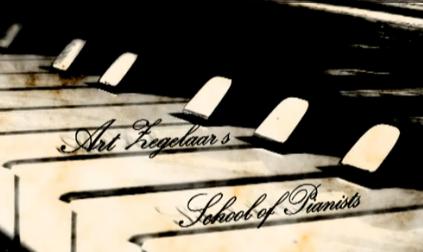Opus 79
This was probably most students of Beethoven's first Sonata and it is actually quite attractive. It would not have been published if his brother Karl hadn't brought it to the publisher...
The Leipzig publisher would have welcomed an easier Beethoven Sonata playable by a large public. It is probably written before Opus 78, since Opus 78 had no. 2 written on the manuscript. But although Opus 78 is really one of Beethoven's own favourites, he probably was not entirely convinced of the merit of the other Sonata (now Opus 79).
The first movement really has the sketchiness of a Sonatina although the development and coda parts are in fact quite mature. This way the second part has to be repeated also and this makes it almost extended binary form. It is manageable by an intermediate student provided the student doesn't attempt to put more into it as is actually there. Let the music work for itself.
The second movement is actually in beautiful Italian style. A song without words. Here the student may put all expression in which he or she can bring forth. With this a performance piece is at hand, which will please many an audience.
I always enjoyed the last movement. Very Haydenish in make up en yet unmistakeably Beethoven. It is not at easy at all, but an ideal vehicle to teach 4 against 3. This will cause some frustration when a first attempt is made.
It is well worth the effort from the side of the teacher to insist that the 4 against 3 is mastered perfectly here, because once mastered it is so useful for later more difficult work.
Let's hear the master's version of this Sonatina:
Andreas on Opus 79.
Or another master for that matter. In this case Daniel Barenboim has beaten Andreas Schiff to it:
Daniel Barenboim plays Opus 79
The Leipzig publisher would have welcomed an easier Beethoven Sonata playable by a large public. It is probably written before Opus 78, since Opus 78 had no. 2 written on the manuscript. But although Opus 78 is really one of Beethoven's own favourites, he probably was not entirely convinced of the merit of the other Sonata (now Opus 79).
The first movement really has the sketchiness of a Sonatina although the development and coda parts are in fact quite mature. This way the second part has to be repeated also and this makes it almost extended binary form. It is manageable by an intermediate student provided the student doesn't attempt to put more into it as is actually there. Let the music work for itself.
The second movement is actually in beautiful Italian style. A song without words. Here the student may put all expression in which he or she can bring forth. With this a performance piece is at hand, which will please many an audience.
I always enjoyed the last movement. Very Haydenish in make up en yet unmistakeably Beethoven. It is not at easy at all, but an ideal vehicle to teach 4 against 3. This will cause some frustration when a first attempt is made.
It is well worth the effort from the side of the teacher to insist that the 4 against 3 is mastered perfectly here, because once mastered it is so useful for later more difficult work.
Let's hear the master's version of this Sonatina:
Andreas on Opus 79.
Or another master for that matter. In this case Daniel Barenboim has beaten Andreas Schiff to it:
Daniel Barenboim plays Opus 79










